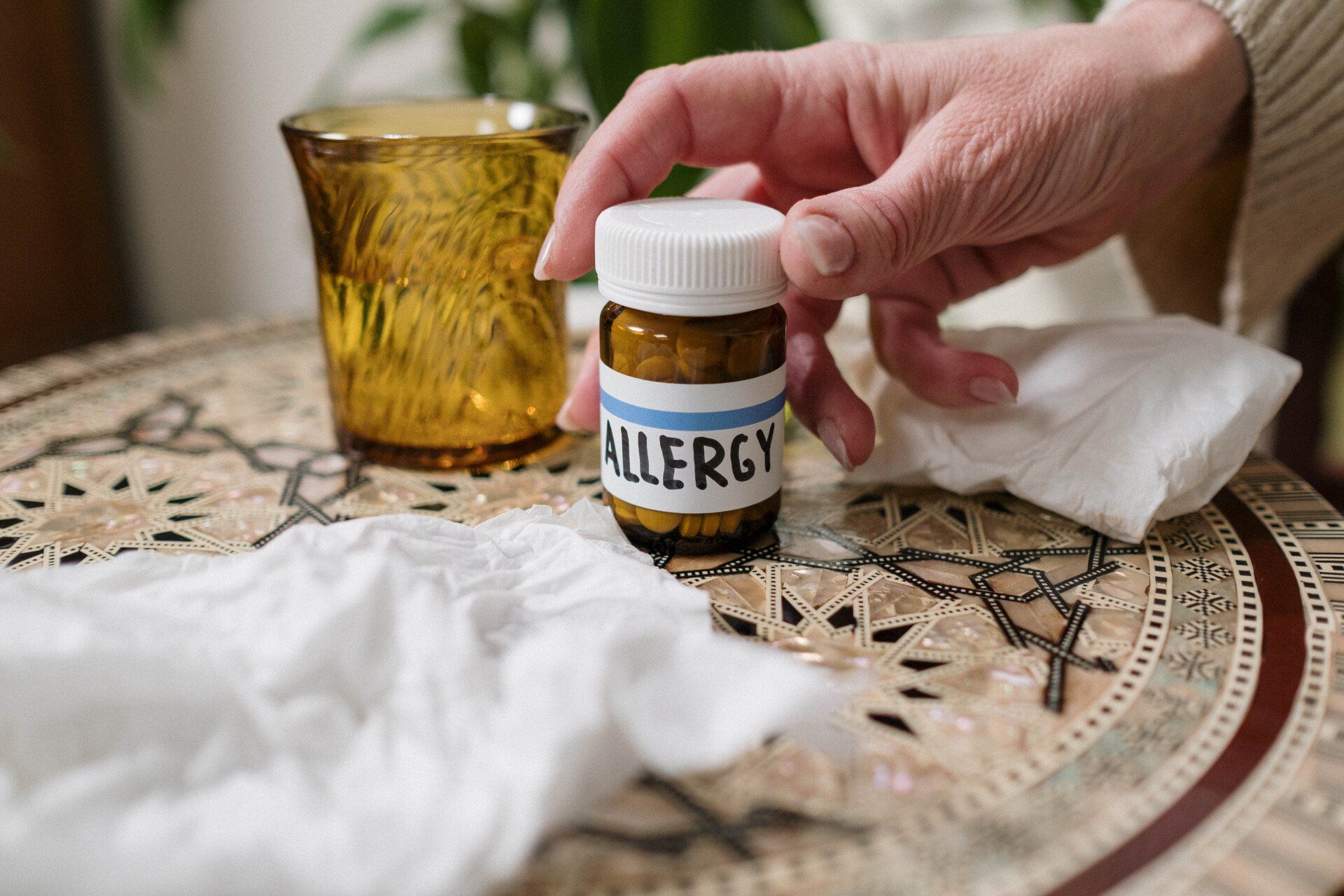Understanding OTC Medications: Your Simple Guides
Let's Be Honest - There Is A Reason Why The Pharmacy May Take Forever To Get You Your Medications & Why The Pharmacist Seems So Busy All The Time
We've all been there – waiting at the pharmacy, wondering why it's taking so long to get the medications or to simply ask the pharmacist (or pharmacy technician) a quick question. Before going to pharmacy school, I never understood why some trips to the pharmacy would be fast and easy, while other times would be extremely frustrating, overwhelming, and time-consuming. Only after completing my rotations and working in different pharmacies did I start to understand what really goes on behind-the-scenes. The truth is, there are countless reasons behind the delays, and hopefully understanding them can help make the process less frustrating in the future. Just like we give the baristas at our favorite coffee shop some grace for taking a bit longer than expected to make our venti iced salted caramel macchiato with oatmilk, 3 pumps of caramel and 1 pump of vanilla, over light-ice, we can do the same for our pharmacists that work extraordinarily hard to get us what we need, while protecting our lives. In this article, we'll explore why the pharmacy may seem extra busy, and your medications may take a bit longer than expected.
- Medication Verification and Safety Checks:
- When you drop off your prescription, or your provider e-prescribes, faxes, or calls it in, the script goes through a series of verification and safety check steps. Pharmacists need to ensure that the medication is suitable for you, considering your medical history, allergies, and other medications/supplements you're currently taking. This step is crucial for your safety, and it might take some time to complete.
- Side Note: For example, you'd be surprised by how often pharmacists have to contact the prescribing healthcare provider because the medication prescribed has dangerous interactions with other meds the patient is taking that the provider might have not been aware of before, which in turn could prevent someone from dying.
- High Volume of Prescriptions:
- Pharmacies often deal with extremely high volumes of prescriptions daily, we're talking 200, sometimes 800+ that need to be processed each day. During peak hours, like around lunchtime, they might be handling multiple requests at the same time. This can easily lead to a pileup, causing delays in processing prescriptions. So, patience, during the busiest times especially, can go a long way.
- Insurance Approval:
- Believe it or not, insurance companies do play a role in the waiting game as well. Pharmacies need to verify your insurance information and obtain approval for certain medications. If there are issues with coverage or if a prior authorization request is required, it can delay your script for hours, days, or even weeks!
- Limited Staffing:
- Pharmacies, like any other business, might face challenges with staffing. Someone calling-out sick, deciding to not show up, or sometimes even the corporation won't allow the pharmacy to hire another pharmacist or technician, can drastically impact the efficiency of the prescription-filling process. Pharmacists are often juggling a ton of responsibilities, forcing them to be multitaskers: managing phone calls, counseling patients, answering their questions, verifying each prescription that comes-in and goes-out, making sure all the medications are not expired, along with many other responsibilities that would take forever to list!
- Inventory and Supply Chain Issues:
- Sometimes, the delay is beyond the pharmacy's control. Issues with the supply chain, like drugs being on "back-order", or having a low inventory of a specific medication on-hand can cause delays in restocking. Pharmacists may need to order the medication from the manufacturer, which prolongs the waiting time.
- Quick Tip: Try calling your pharmacy before you take a trip there to see if they have your medication in stock. I've experienced patients doing this and it's actually a great idea to save you time and get your meds quicker.
- If the pharmacy tells you they do not have the med in stock, don't freak out just yet, you can ask if they can:
- 1. Order it and notify you when it's ready to be picked-up
- 2. Tell you the other nearby pharmacies that may have the med in stock
- 3. Offer you a generic drug (if the prescription permits and/or if a generic is available)
- 4. Give you other suggestions for managing your condition that is not a medication
- Medication Compounding:
- Certain medications require compounding, which is a process where the pharmacist mixes ingredients to create a medication personalized for you. Compounding ensures you get the right dosage and form, but it does take some additional time to make (especially when they're juggling between all the other tasks previously mentioned).
- Counseling and Patient Education:
- Pharmacists are not just "pill dispensers"; they provide valuable information about medications to you and your provider. Sometimes the pharmacist needs to counsel a patient on how to properly use the drug, what potential side effects to look out for, and/or answer any other questions that may come up. All of these different scenarios contribute to the overall longer wait times you sometimes experience.
Final Thoughts:
Understanding the reasons behind delays at the pharmacy may help alleviate your frustration and allow patience and kindness to take over instead. Pharmacists took an oath to always prioritize your health and safety. The processes in place are designed to guarantee you get the right medication each and every time! So, the next time you find yourself waiting, please keep this article in mind, and know that the pharmacy team is working diligently to provide you with the best care possible.
Disclaimer: The information in this blog post is true to the best of our knowledge and is offered with no guarantees. This post is intended only as an informative guide; it is not intended to replace, counter, or conflict with your physician guidance and advice. Always consult with your physician for medical advice.



